| IN A NUTSHELL |
|
In the heart of Europe’s industrial landscape, a groundbreaking project is taking shape. BASF, a titan in the chemical industry, has launched a revolutionary electrolyzer in Ludwigshafen, Germany. This massive facility is designed to produce green hydrogen from water and renewable electricity. The electrolyzer is part of a broader initiative to transition away from fossil fuels and embrace sustainable energy solutions. As the world seeks to combat climate change, projects like this become all the more critical. But what does this mean for the future of energy and industry?
The Bold Financial Backing of a Green Vision
BASF’s venture into green hydrogen is not a solo endeavor. The company has partnered with Siemens Energy, tapping into its unparalleled expertise in energy solutions. Moreover, the endeavor has garnered significant financial support from both the Rhineland-Palatinate state and the German federal government. Together, they have pledged a robust financial package amounting to $141 million (converted from euros), underscoring the strategic importance of this transition.
This substantial investment aligns with BASF’s ambitious goal of achieving net-zero emissions. For Katrin Eder, the regional minister, this electrolyzer represents a pivotal shift for heavy industry, signifying the gradual replacement of fossil fuels with green hydrogen. The commitment from various stakeholders highlights a collective drive to reshape the energy landscape and build a more sustainable future.
The Role of Green Hydrogen in the Chemical Industry
The Ludwigshafen complex, sprawling over 3.86 square miles, is a bustling hub employing 39,000 individuals. With 200 production units operating at full capacity, the integration of the electrolyzer is a testament to the seamless adaptability of this industrial giant. Nestled within this vast complex, the electrolyzer produces 17.6 million pounds of green hydrogen annually, a key resource for manufacturing methanol and ammonia.
The electrolyzer harnesses wind and solar energy, utilizing Proton Exchange Membrane (PEM) technology to split water into oxygen and hydrogen. At its core, 72 cells merge compact design with exceptional efficiency, pushing the boundaries of sustainable energy production. This integration not only supports BASF’s production needs but also sets a precedent for the chemical industry’s shift towards greener alternatives.
From Factory Floors to Fueling Stations
The impact of Ludwigshafen’s hydrogen electrolyzer extends beyond industrial applications. It plays a crucial role in supporting mobility projects within the Rhine-Neckar region. Every hour, approximately 2,200 pounds of hydrogen are funneled into the Verbund network, distributing the energy to neighboring sites. This transition drastically reduces annual CO2 emissions by 79,365 tons, marking a significant stride towards cleaner air.
Moreover, the potential for green hydrogen to power clean vehicles is becoming a tangible reality. For BASF executive Katja Scharpwinkel, this dual-purpose approach is vital. The electrolyzer not only fulfills current energy demands but also paves the way for replicable solutions across other BASF locations. The journey from factory to fuel station illustrates the multifaceted potential of green hydrogen in transforming both industries and everyday life.
Pioneering a Sustainable Future
The launch of BASF’s electrolyzer in Ludwigshafen is a beacon of innovation and sustainability. By integrating cutting-edge technology and fostering partnerships across sectors, this project is setting a new standard for industrial energy solutions. As the electrolyzer continues to produce significant amounts of green hydrogen, it prompts us to consider the broader implications for industries worldwide.
As we witness the unfolding of this ambitious endeavor, it raises an essential question: How will other industries adapt to the growing demand for sustainable energy sources, and what role will green hydrogen play in reshaping our environmental future?
Did you like it? 4.5/5 (21)
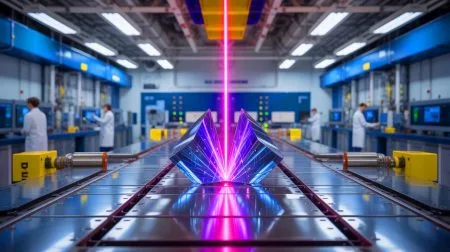

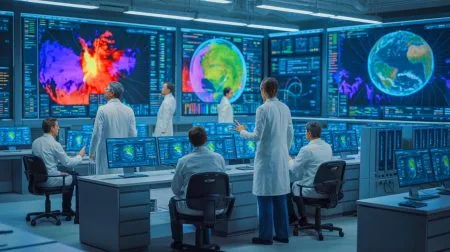

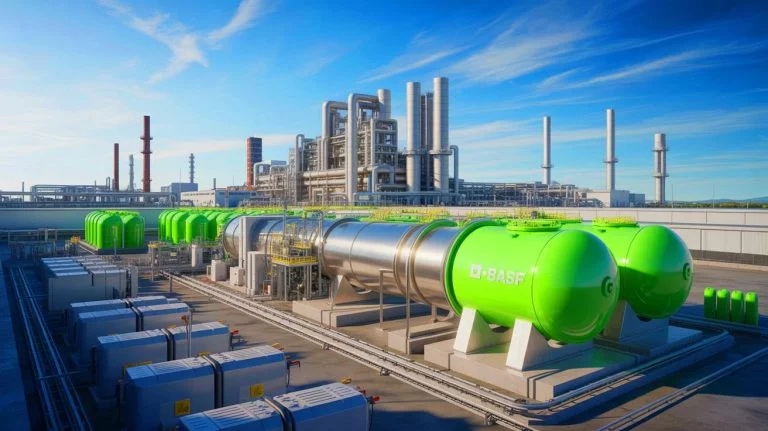

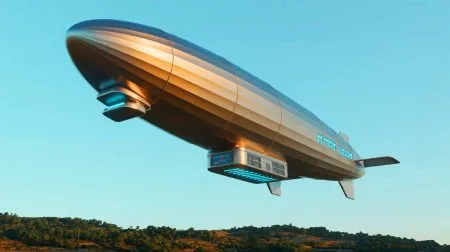
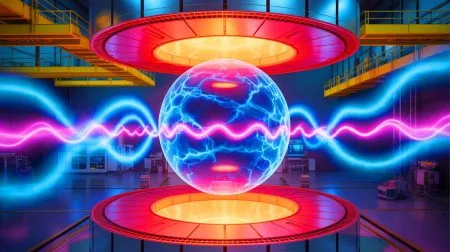
Wow, this is a game-changer for the energy industry! How soon can we expect these electrolyzers to be implemented on a global scale? 🌍
How efficient is this electrolyzer compared to traditional hydrogen production methods?
Great article! Thanks for the detailed insights on the Ludwigshafen project.
Water and hydrogen? Sounds like a sci-fi movie! Is this technology safe for large-scale use? 🤔
Impressive! But what about the cost of maintaining such a massive electrolyzer?